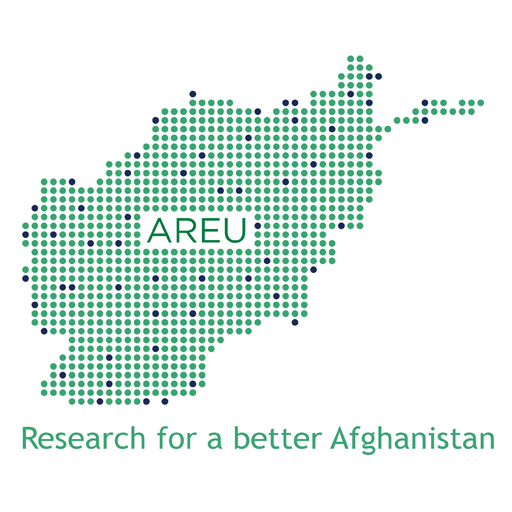
20 Feb Kick-off Workshop on “Review of Functions of Governmental Agenciesâ€
On February 20, 2017, Governance Forum Afghanistan (Govern4Afg) organised a kick-off workshop on “Review of Functions of Governmental Agencies†to introduce the research topic, the methodological approach and provide an overview on initial hypotheses of the first research phase. Most importantly, the workshop was designed to encourage discussion among participants with the aim of receiving valuable feedback and exchange on issues participants consider to be of high relevance for policy initiatives and programme development.
About 25 high-level representatives from the Independent Directorate of Local Governance (IDLG), Independent Administrative Reform and Civil Service Commission (IARCSC), Ministry of Finance (MoF), Minsitry of Public Health (MoPH), Office of President Special Representative, UNDP and GIZ participated in this workshop held at Afghanistan Research and Evaluation Unit’s Library.
In his opening remarks, Mr. Abdul Muqtader Naseri, Director of Policy and Planning at IDLG acknowledged Govern4Afg for conducting such a timely study that reflects one of the government’s crucial priorities. He added that “not only for the Civil Service Reform Commission but the entire Afghan government will profit from a functional reviewâ€. One of H. E. President Dr. Ghani’s recommendations was that “the Subnational Governance Policy should inform the government on roles and responsibilities within the different ministries.†Therefore, this research can also provide evidence to feed IDLG policies.
Mr. Sayed Hashmatullah Hashimi, national expert presented methodology and key concepts of the study. Based on him, main objectives of research are:
• To identify and analyze:
- Overall functions distribution of presently 48 top level units;
- Detailed functions, structures and resources of selected units (like IARCSC, IDLG, MOF, MOEC, MAIL, MoEdu, MoPH, MRRD and MOPW);
- Overall functions, structures, of general provincial administration, district administration and decentral units of Ministries;
- Key vertical processes and lines of command
• To optimize and create:
- Horizontal optimization of distribution and clustering of functions;
- Vertical optimization of distribution and clustering of functions between top level and lower levels;
- Top-down lines command and processes;
- Instruments for managing functions, structures, resources.
Furthermore, Mr. Ahmad Masoud Tokhi, Director General Civil Service Management Department, Independent Administrative Reform and Civil Service Commission (IARCSC) highlighted that “the overlapping and duplication of functions between ministries and national and subnational entities are a major challenge in Afghanistan.†He added that he is very hopeful that the findings of this study will help the government and especially IARCSC to not only overcome this challenging issue but also to identify black spots, meaning missing competences and functions within the Afghan Governance system.


